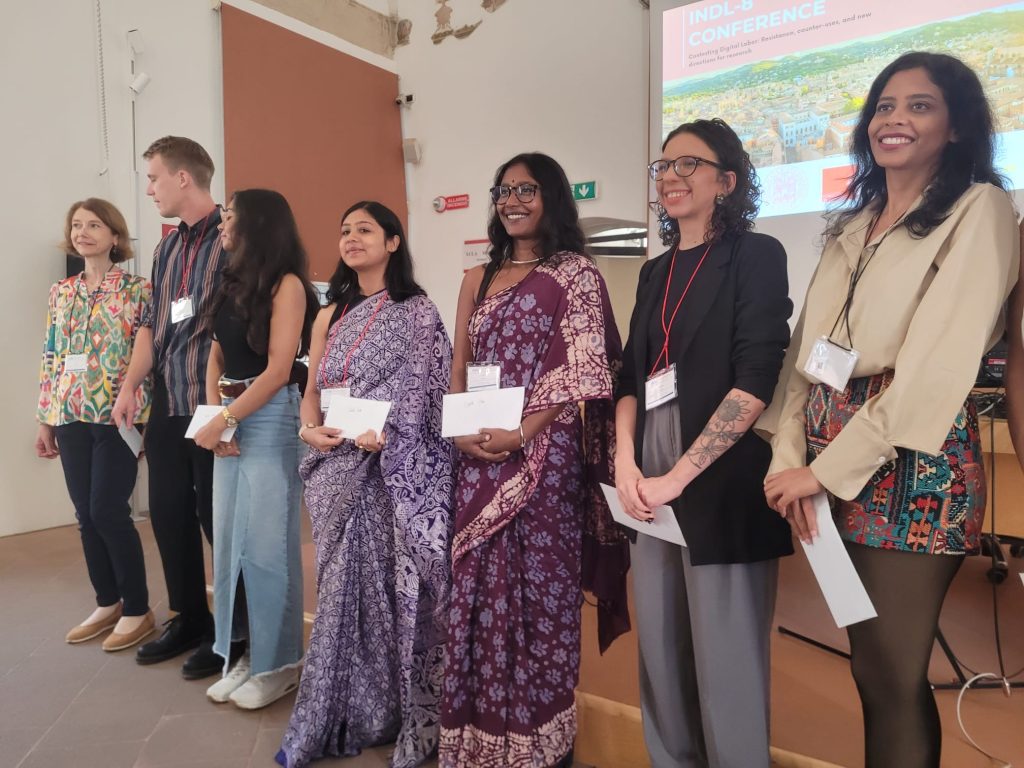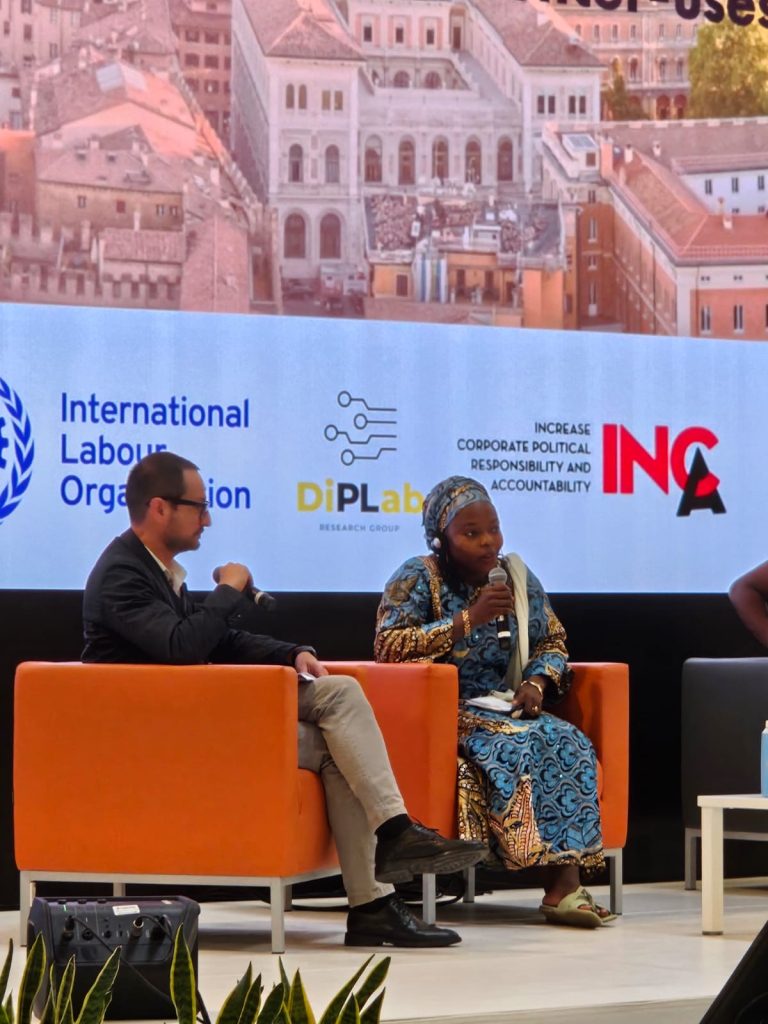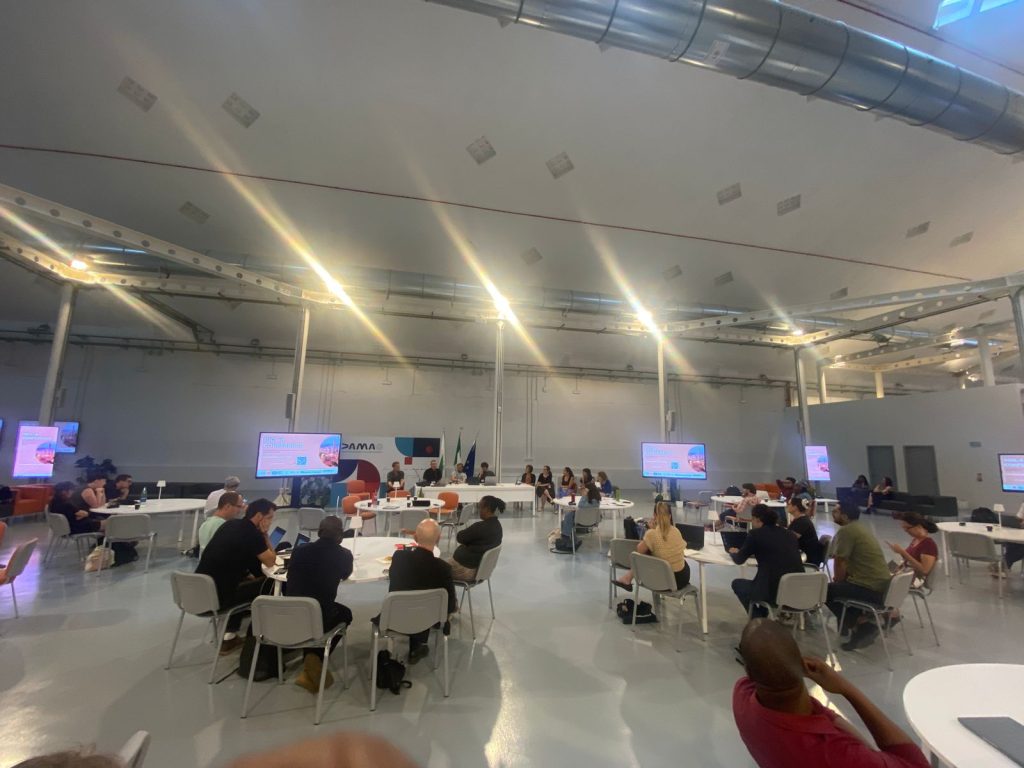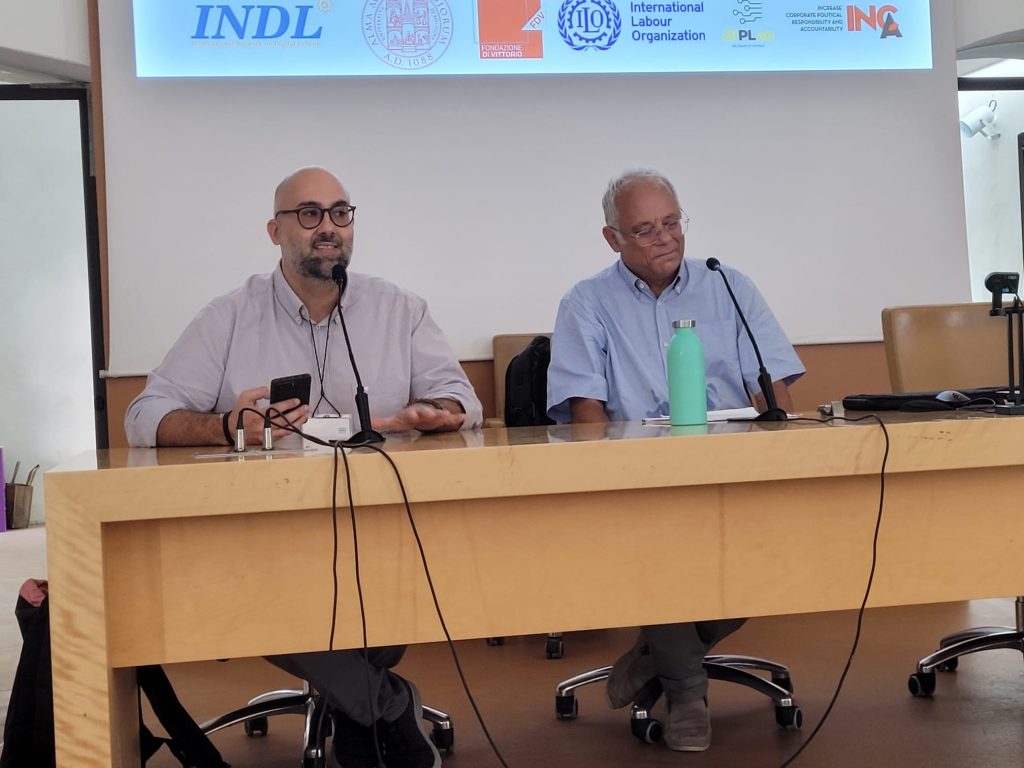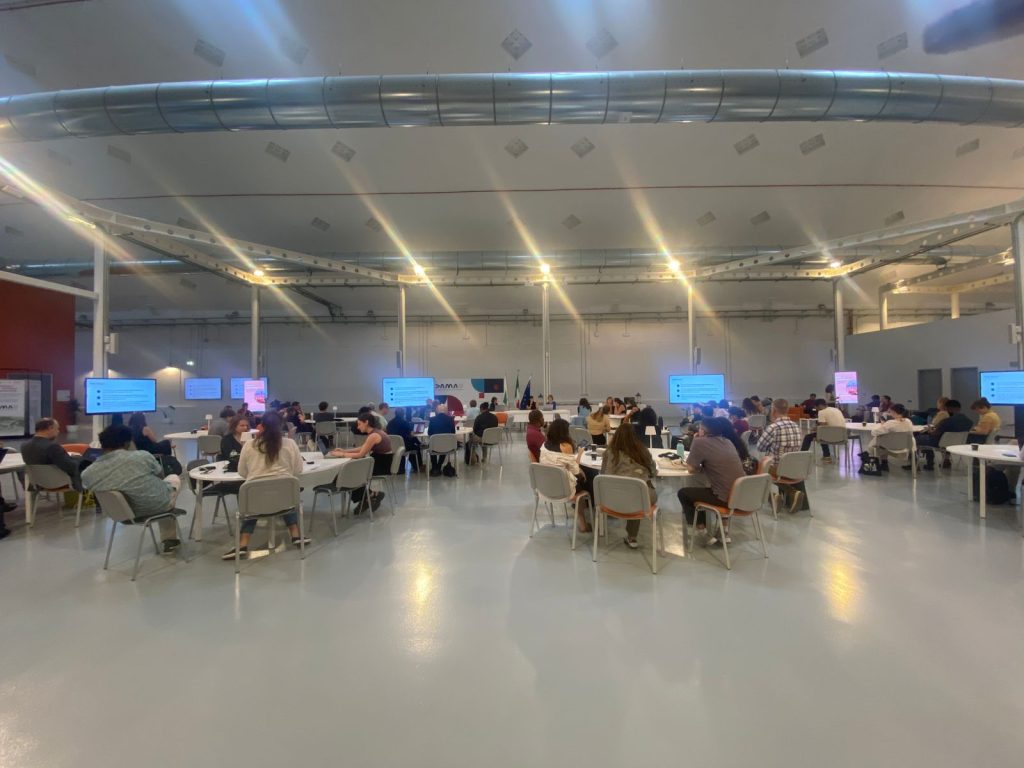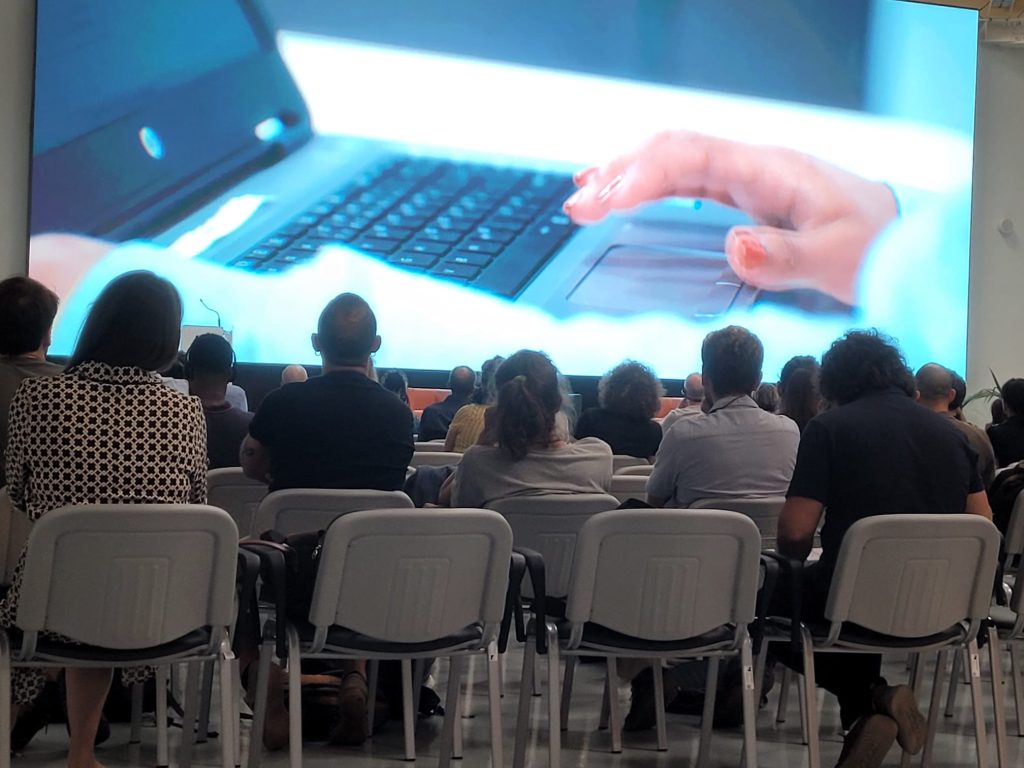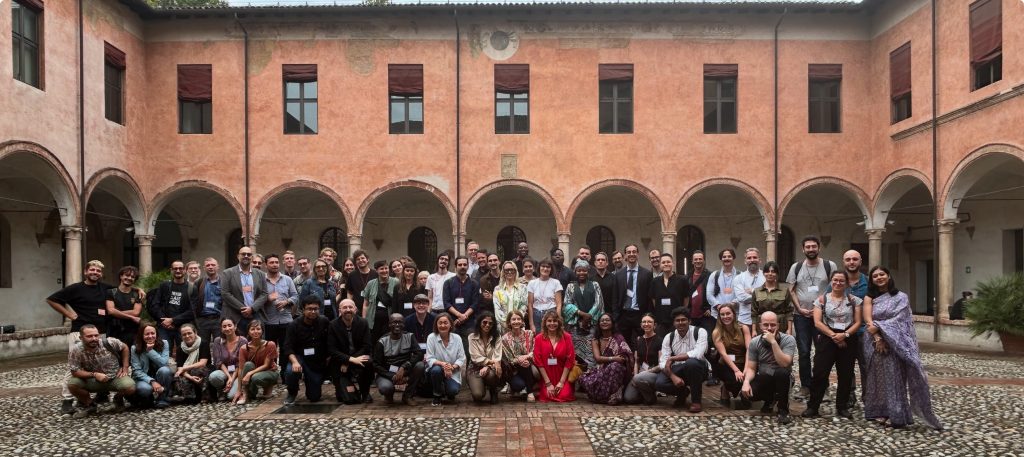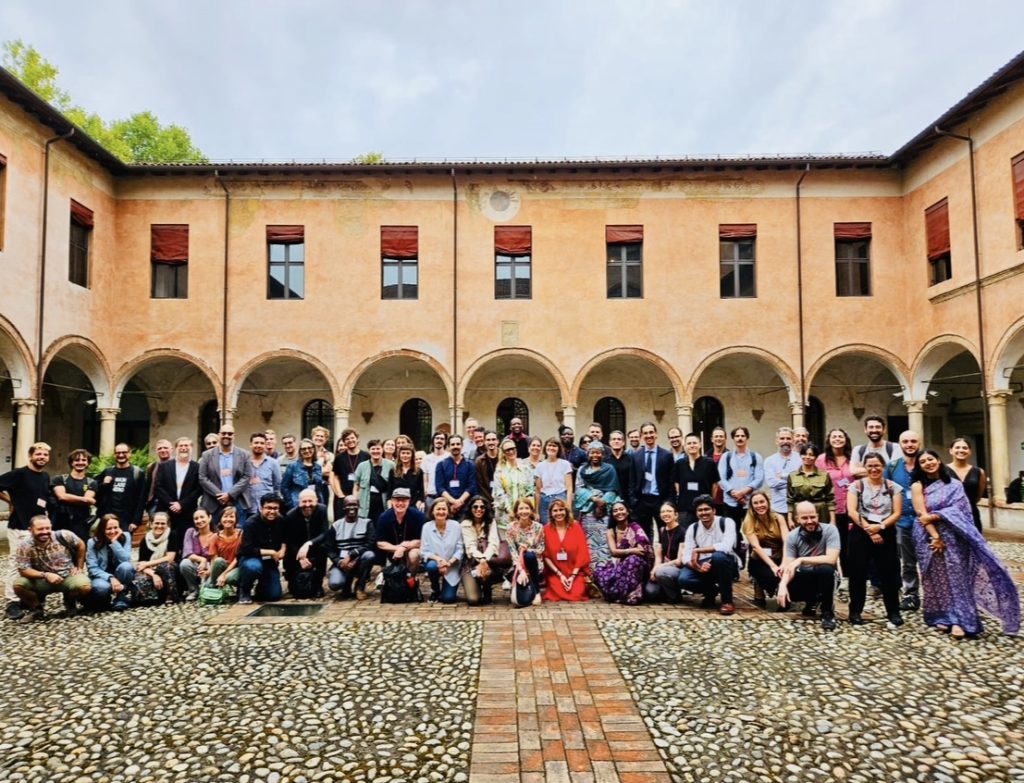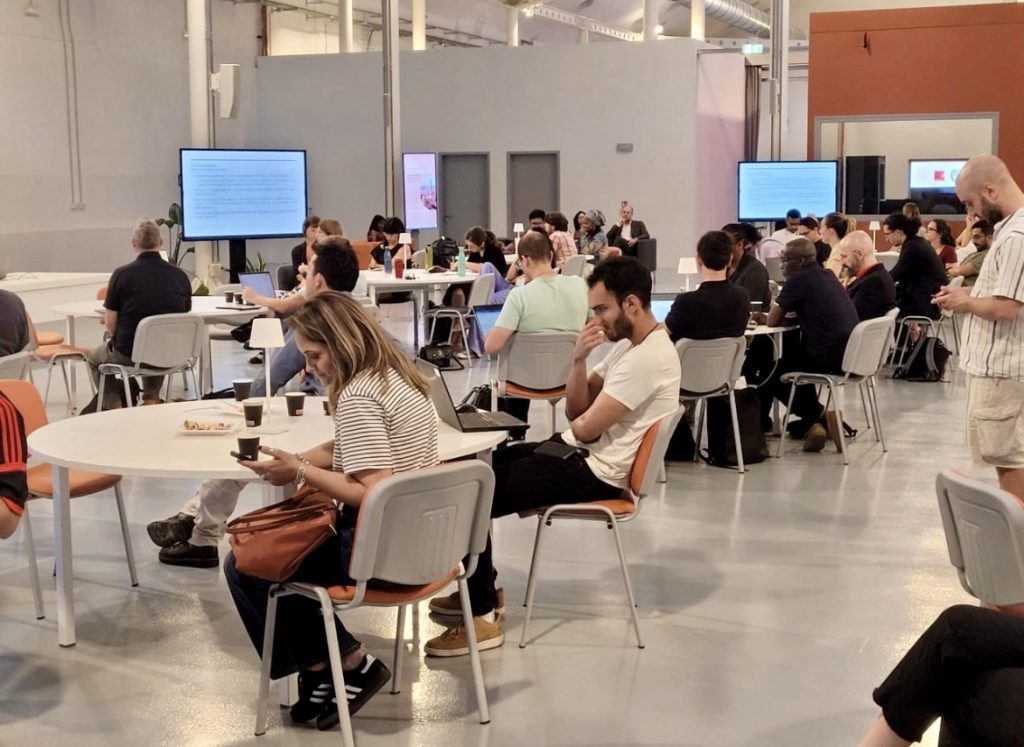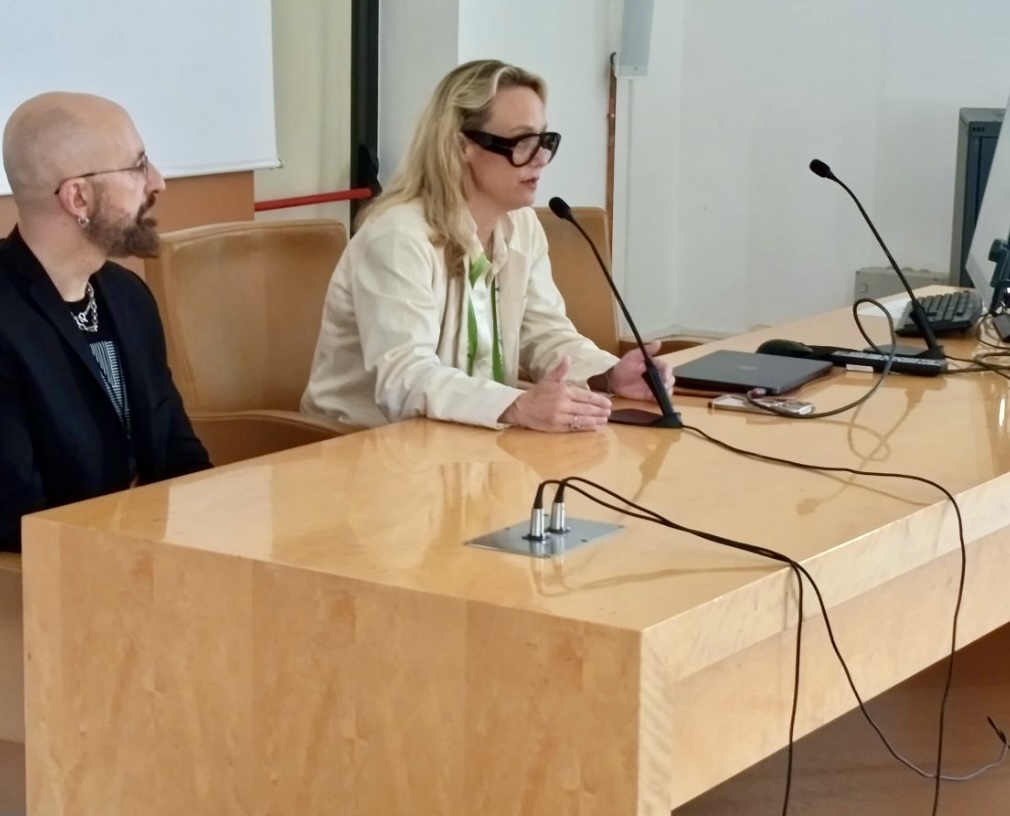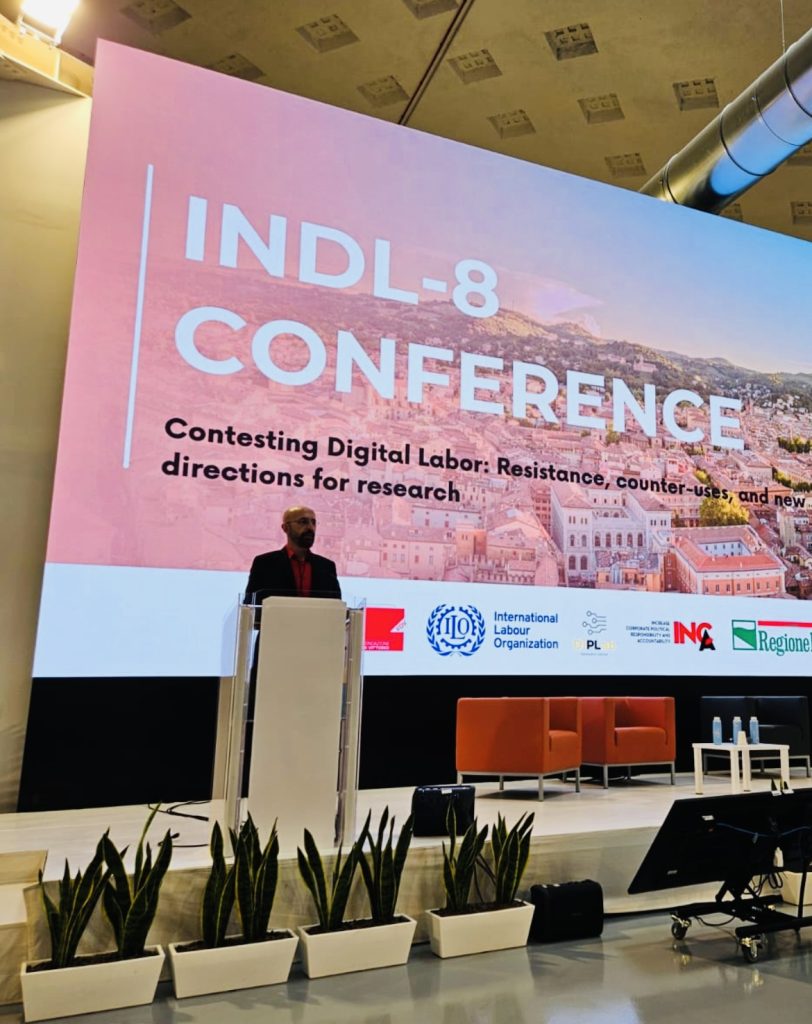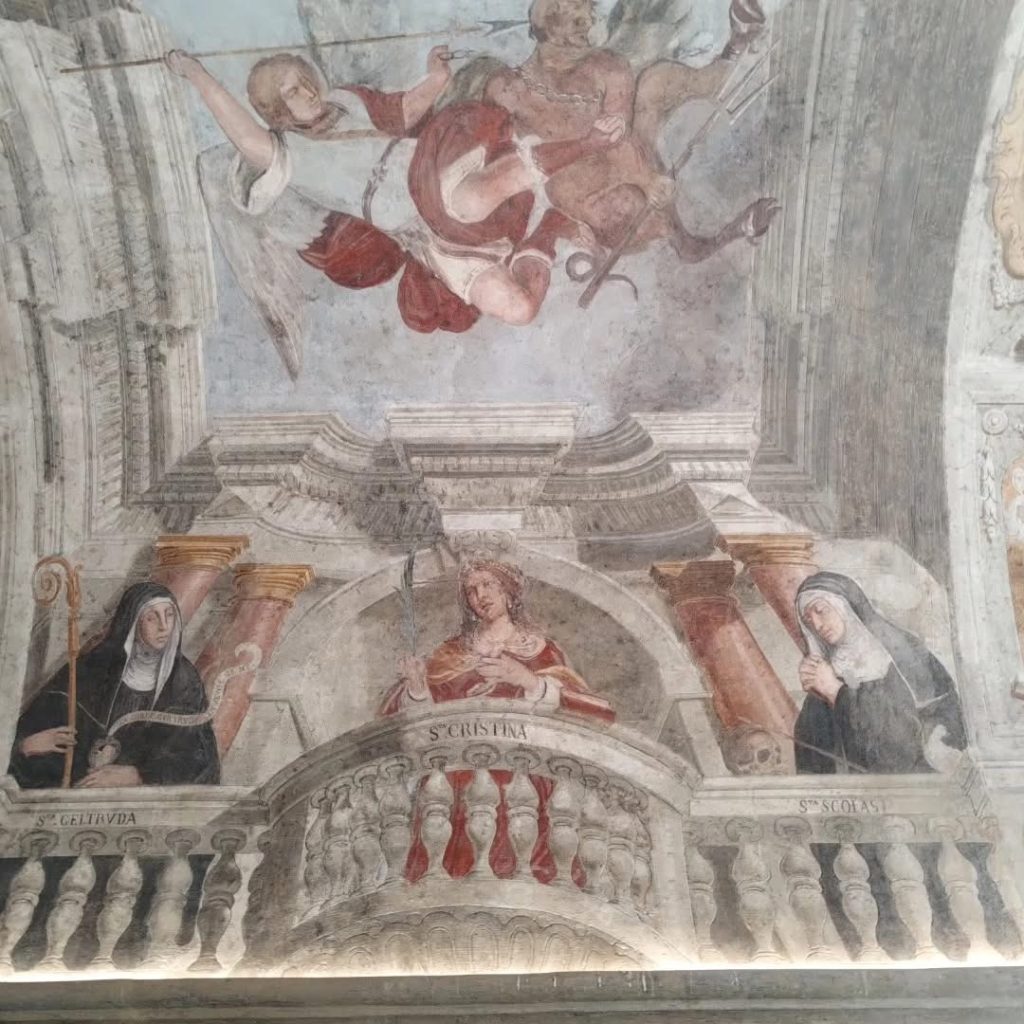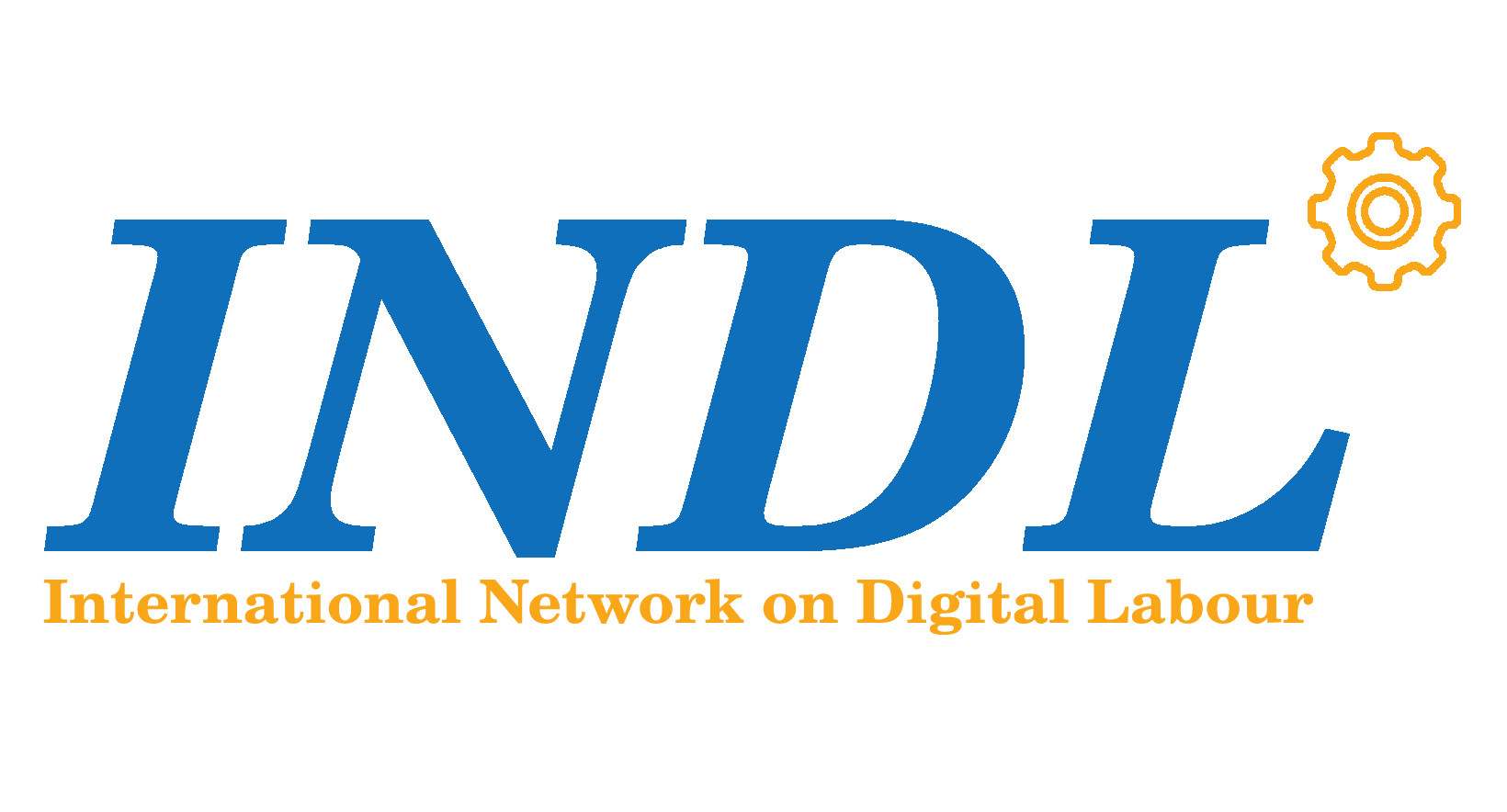Following our remarkable three-day event, held at the University of Bologna from 10 to 12 September 2025, it is appropriate to reflect on the occasion. The Alma Mater Studiorum welcomed nearly 200 researchers from across the globe for the 8th annual conference of the International Digital Labor Network (INDL-8) titled “Contesting Digital Labor: Resistance, counter-uses, and new directions for research”. Our event fostered an environment of intellectual inquiry and political engagement that will undoubtedly leave a lasting impact on our community.
The diversity among the speakers was unparalleled, further enriching the gathering. Researchers from five continents converged on Bologna, with particularly inspiring participation from countries in Asia, Africa, and Latin America. These voices brought fresh, original perspectives on work in logistics and the delivery sector, as well as on how labor markets are impacted by the global production chains of artificial intelligence, and the legal, political, and cultural transformations shaping the future of work.
However, INDL has always been more than just an academic conference—it’s a vibrant network of diverse political, social, and scholarly perspectives. This year, we were privileged to welcome an unprecedented number of activists and workers from the frontlines of digital labor. European tech worker union representatives, African data labelers and gig workers, as well as activists from South America and Asia, all contributed to discussions that bridged theory and practice in a meaningful way.
Our three keynote speakers delivered highly influential presentations. Sandro Mezzadra, one of the leading representatives of Italian Theory, has addressed the issues of infrastructures and contemporary global capitalism to open new pathways for understanding our current moment. Sarah Roberts from UCLA continued her groundbreaking work exposing the hidden systems of political power and repression via digital technologies. Luz Rodriguez from the University of Castilla-La Mancha presented fascinating findings from a major research project on workers’ personal data in the age of platforms and algorithmic management.
On the second day of INDL-8, we witnessed one of the most symbolically powerful moments in our community’s history: a panel featuring Kauna Malgwi, founder of the African Content Moderators Union; Felipe Corrédor Álvarez, organizer of RidersXDerechos; and Ephantus Kanyugi from the Kenyan Data Labelers Association. In collaboration with the Italian union CGIL, we moved our discussions to the Tecnopolo—a site of profound historical and political significance. Built on the grounds of the city’s former tobacco manufacturing facility, this location has transformed into one of Europe’s most important data centers.
The symbolism was impossible to ignore: bringing the very workers who produce data for artificial intelligence into the heart of where that data is processed. The morning began with a screening of the award-winning documentary “The Belly of AI,” co-written by Antonio Casilli and directed by Henri Poulain. This was followed by a roundtable featuring voices representing not only traditional industrial sectors, such as metallurgy and transportation, but also the new professions of our digital age: gig workers, data workers, and social media content moderators.
The third day crowned our conference with parallel sessions that showcased the breadth and depth of research in our field. But the most thrilling moment came with the announcement of three new INDL chapters: one for Africa and the Middle East (INDL-MEA, facilitated by Myriam Raymond), one for Latin America (INDL-LatAm, facilitated by Mariana Fernández Massi), and one for the United States (INDL-US, facilitated by Julian Posada). These chapters will organize seminars and workshops between November 2025 and April 2026, ensuring our conversations continue long after we’ve left Bologna.
The biggest revelation was that our next global INDL conference will take place in Geneva, hosted by the International Labour Organization (ILO) itself—a recognition of our network’s growing influence in shaping international labor policy. The information was delivered to the Bologna audience by ILO Senior Economist Uma Rani, streaming from the Geneva “Corridors of Flags” in the United Nations agency facilities.
As we look toward next year’s gathering in Switzerland, we do so with determination. This year’s INDL conference demonstrated not just the growing scientific quality of our presentations and initiatives, but also the emergence of a truly global community bound together by shared values and common purpose. The future of work may be uncertain, but our commitment to understanding it, shaping it, and ensuring it serves workers’ dignity remains unwavering. We look forward to seeing you in Geneva, where we hope to welcome even more voices to our network.
